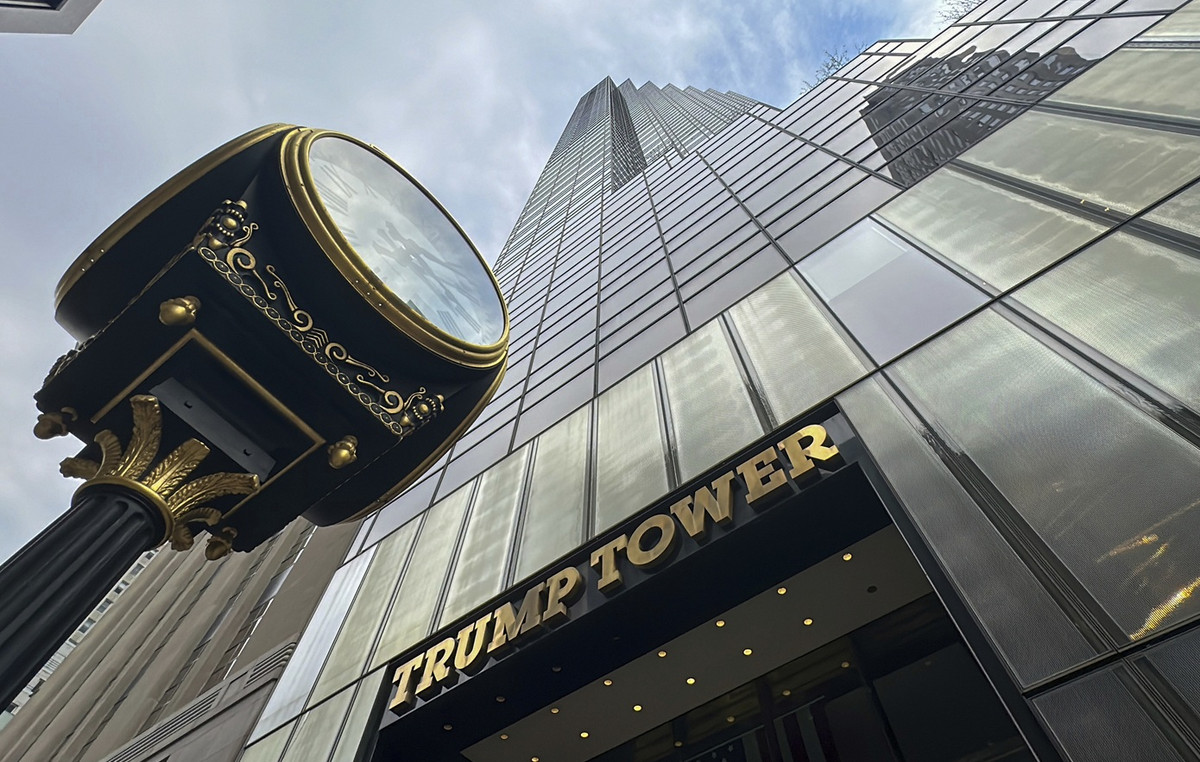In her campaign for President of the United States, Nikki Haley promises to confront Russian aggression against Ukraine, reform social security, keep trade barriers low and reduce the deficit, if she achieves a surprising victory in the race for the Republican Party nomination.
She persists despite repeated public opinion polls showing that many of today's Republican voters are not interested in the measures she advocates.
Before the election of former President Donald Trump in 2016, Republicans were staunch defenders of free markets, intervention in other countries and a smaller state. Trump flipped the script when he came to power, promising to charge high tariffs to trading partners and withdraw from foreign entanglements.
On the campaign trail, according to analysts and allies, Haley is appealing not just to “anti-Trump” Republicans but also to “pre-Trump” Republicans who prefer policies that were more common before the former president arrived on the scene.
That dynamic was on display this week when Haley crisscrossed South Carolina ahead of the state's Feb. 24 primary, which she is expected to lose.
In one event after another, Haley praised NATO allies and talked about how Russia could attack other European countries, starting with Poland and the Baltic states, if the United States stopped sending weapons to Ukraine.
She also criticized the two major parties' excessive spending, lamenting that the US is paying more to service its debt than for defense. And, in a line she added to her campaign speech in recent weeks, she criticized Trump for proposing a universal tariff even though trade barriers have proven widely popular with voters.
“Why don't you ask him why he's now proposed another tax increase on all American families, saying he's going to impose tariffs on everything?” Haley asked the audience in the town of Greer on Monday.
Alex Conant, a Republican strategist who worked on Sen. Marco Rubio's 2016 presidential campaign, said Haley is running in the mold of Ronald Reagan and George W. Bush. That was the standard path, he said, before Trump came to power.
Both former Republican presidents were known for their robust, even bellicose, foreign policy ideas, and both were advocates of market liberalization.
“Judging by the primaries so far,” Conant said, “there’s not much appetite for it.”
About 52% of Republicans said in a July Reuters/Ipsos poll that they would not be very likely to support a candidate who favored increasing military aid to Ukraine. While polls on tariffs are sporadic, most of them show that Republicans are broadly in favor of raising import duties.
Haley's campaign did not respond to a request for comment.
Rob Godfrey, who served as a top aide to Haley when she was governor of South Carolina from 2011 to 2017, noted that her policy preferences reflect those of her core group of supporters.
“The coalition that the Haley campaign appears to have assembled appears to be made up in part of Republicans who have more traditional views on domestic and foreign policy,” he said.
Source: CNN Brasil
Bruce Belcher is a seasoned author with over 5 years of experience in world news. He writes for online news websites and provides in-depth analysis on the world stock market. Bruce is known for his insightful perspectives and commitment to keeping the public informed.







